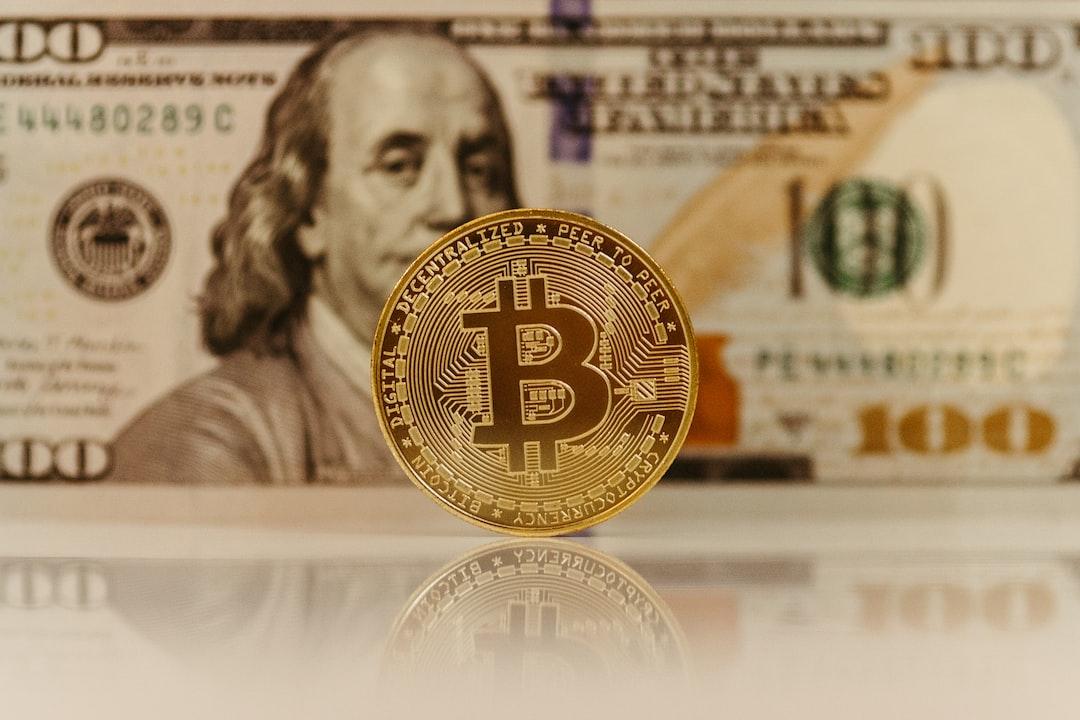On May 16, 2024, the United States Senate made a significant decision by passing a Congressional Review Act (CRA) to review the Securities and Exchange Commission (SEC) Staff Accounting Bulletin No. 121 (SAB 121). The vote on H.J.Res. 109 was exceptional, with 60 to 38 votes in favor. Notably, the vote was bipartisan, with Democrats in favor by a margin of 51-49. This marked the first time that a standalone crypto legislation had been passed in a session of Congress, according to Senator Cynthia Lummis.
However, before the House of Representatives voted on the bill, President Biden threatened to veto it using his executive power if there was an attempt to overturn the SEC policy. The White House expressed strong opposition to the efforts of the House of Representatives, stating that they aimed to disrupt the SEC’s measures to protect investors in crypto-asset markets and the broader financial system.
The question now is whether President Biden will carry out his threat, despite opposition from Democrats and support for crypto from former Presidential candidate Donald Trump. It is worth noting that one-third of threatened vetoes in previous administrations were never implemented, so the threat alone does not guarantee a veto.
The passage of H.J.Res. 109 with strong support is seen as a significant moment by Perianne Boring, the Founder and CEO of the blockchain trade association Digital Chamber. She highlighted how the controversy surrounding SAB 121 led 21 Democratic Senators to break ranks and support the bill, with 12 Democratic Senators ultimately voting in favor. Boring emphasized the importance of Senator Chuck Schumer’s support, noting that he is the Senate majority leader and the second most powerful person in the country after President Biden. She believes that this support could force the White House to reconsider its strategy and position on crypto, suggesting that the tides are turning in Washington.
The pressure on the Biden administration extends beyond the political sphere, as the American Bankers Association has openly called on President Biden to sign the resolution into law to protect American consumers. The banking sector has its own economic incentive to offer custody services for cryptocurrencies, as they seek to benefit from the ongoing retail crypto adoption.
With the broad support for H.J.Res. 109, the Biden administration faces a complex decision. President Biden must weigh the risks of vetoing the bill, as it could create internal conflict within his party. The upcoming U.S. elections may also play a role in his decision-making. He has 10 days (excluding Sundays) to sign the resolution into law, allow it to become law without his signature, or veto it. There is also the possibility of a “pocket veto” if Congress is not in session to receive the bill.
Donald Trump’s alleged shift towards a pro-crypto stance may also factor into President Biden’s decision. Trump’s strategy has transitioned from being anti-Bitcoin to positioning himself as a pro-crypto presidential candidate. Biden may consider the potential impact of Trump’s support and votes in the upcoming election.
If President Biden does decide to veto H.J.Res. 109, Congress could attempt to override it with a two-thirds majority vote in both chambers. However, there is another potential solution that would benefit the Biden administration. The SEC could choose to revoke SAB 121, effectively ending the need for the President to make a veto decision. Republican Wiley Nickel believes that SEC President Gary Gensler has the power to resolve the political issues surrounding the controversial regulation measure.
Criticism of SAB 121 is not limited to the crypto community. Commissioner Hester Pierce expressed her concerns about the policy at the Blockchain Summit, stating that it doesn’t work and keeps people out of the industry. The requirement for listed companies to record crypto assets as both assets and liabilities on the balance sheet has received backlash from lawmakers and industry leaders. They argue that this practice stifles innovation and goes against the conventional treatment of assets under custody.
Overall, the next move lies with the SEC. President Biden must carefully consider his options and the potential consequences of his decision.

